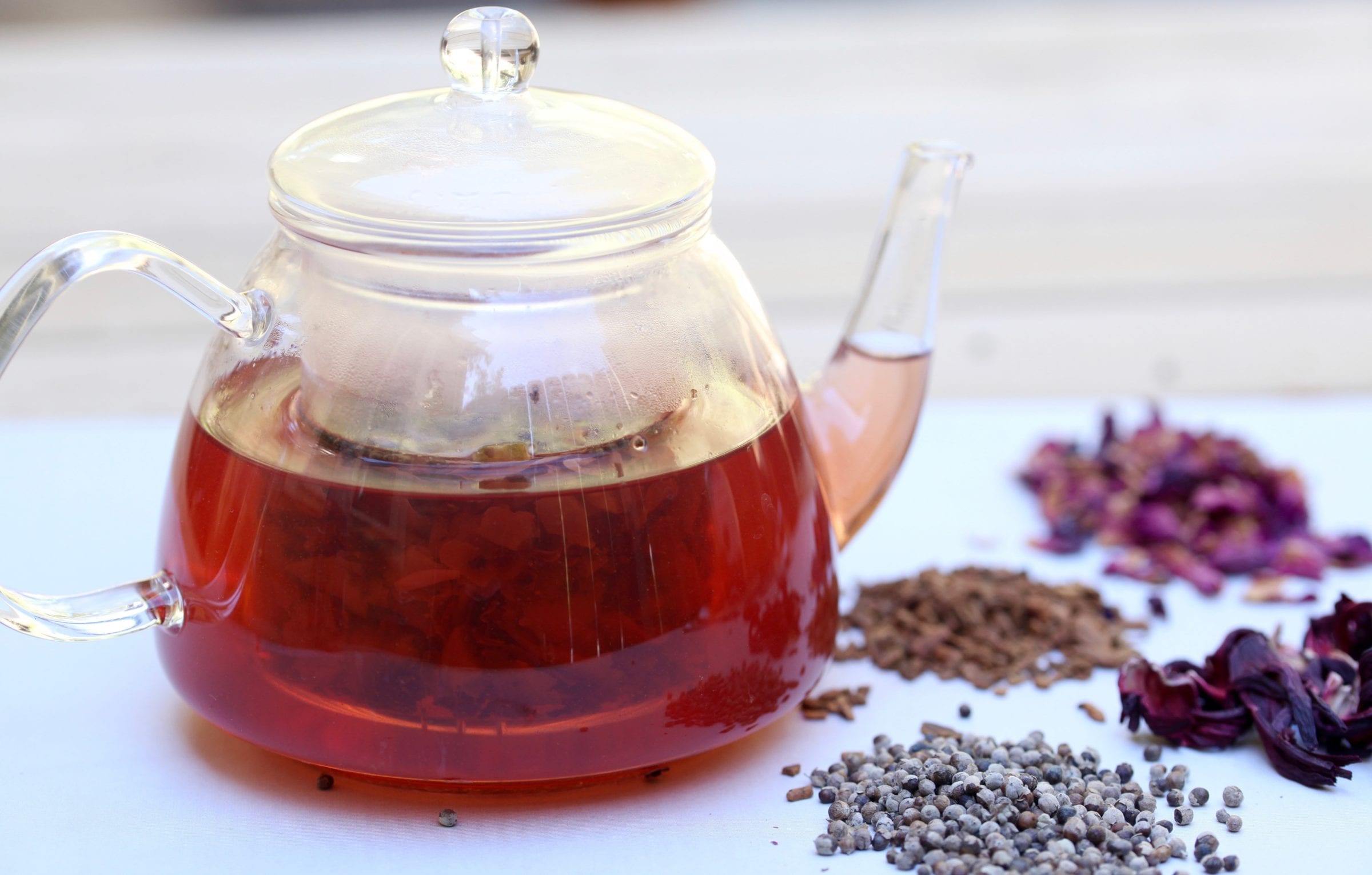If you’re searching for some malt vinegar substitutes there are some healthy and available options for you, including apple cider vinegar, balsamic vinegar, wine vinegar, and lemon juice among others.
Vinegar is an essential ingredient when it comes to making tasty dishes.
This manufactured mild acid is widely used as a cooking ingredient, as well as for medicinal purposes. [1]
You can’t think about making a salad or pickle without a dash of vinegar, especially malt vinegar.
Malt vinegar is quite famous for bringing a rich, nuanced flavor to any recipe. Starting from seasoning salads to fish & chips to making chutneys, a lot of things you can do with malt vinegar.
However, if you can’t easily find the malt vinegar or want something gluten-free, there are also some alternatives to it.
We will discuss some gluten-free substitutes for malt vinegar that are healthy and readily available.
But, before you go for the alternatives, you must know a bit about malt vinegar and why you should avoid using it.
What is Malt Vinegar & Why You Should Avoid It?
Malt vinegar is made by brewing barley to ale in a process similar to brewing beer. [2]
The ale is further fermented until it turns out into vinegar.
It’s light brown and powerful and improves with age, just like other kinds of vinegar.
Although it is difficult to think about fish & chips with malt vinegar, you must avoid taking it if you’re sensitive to gluten. [3]
Avoiding gluten is crucial for you if you have celiac disease. It might damage your small intestines, preventing nutrients from being absorbed.
As malt vinegar is made from barley-based ale, means it’s not distilled and contains gluten.
Substitutes for Malt Vinegar
There are a few substitutes for malt vinegar that you can use to season your salad or marinade.
Each of them is gluten-free; thus can be a healthy malt vinegar substitute.
1. Apple Cider Vinegar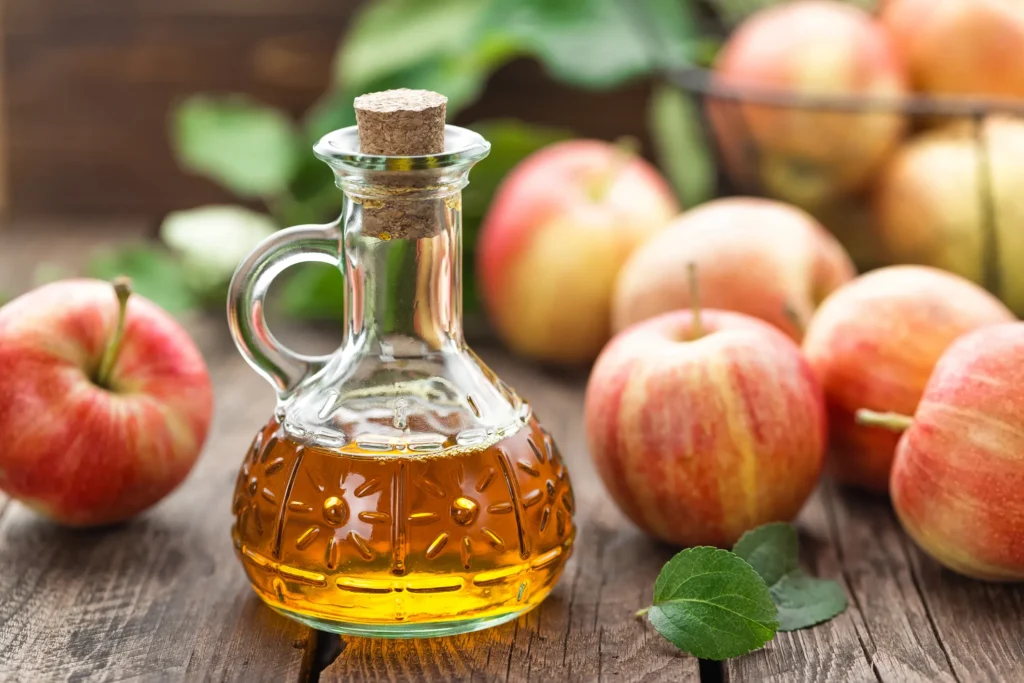
Apple cider vinegar or ACV is one of the best gluten-free malt vinegar substitutes. [4]
The vinegar is made by crushing the apples to liquid and adding bacteria to begin fermentation. The sugars in the apple become alcohol, and then the alcohol is fermented to become vinegar.
It comes with a mild, fruity flavor, and is slightly yellow-orange.
It’s Not only gluten-free but also quite healthy. Apple cider vinegar is low in calories, meaning that it can help reduce obesity.
Consuming ACV can help manage diabetes and the pH level of the body.
It can remove toxins from your body, protecting you from having cancer. If you have an eye or nerve-related problem, ACV can be a good option for you to consume.
You can easily you apple cider vinegar as an alternative to malt vinegar in marinades, chutneys, vinaigrette’s, salad dressing, as well as pickles.
Aged ACV is great for those who can’t have malt vinegar due to gluten sensitivity.
Read More: Apple Cider Vinegar for UTI Treatment: 10 Practical Ways
2. Wine Vinegar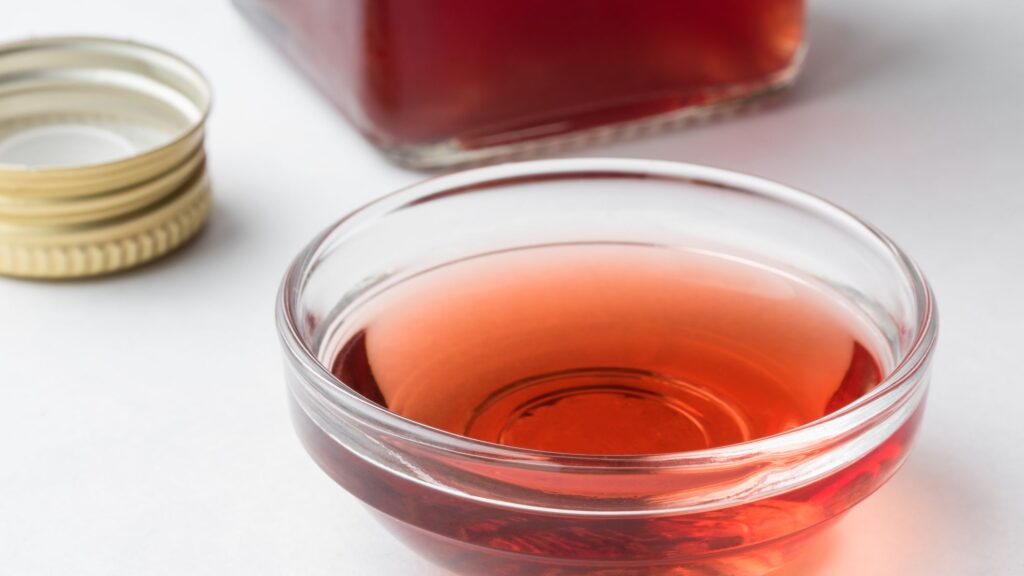
The production of wine vinegar is done by fermenting white wine or red wine in wooden barrels.
Just like wine, vinegar also has some health benefits. [5]
Its anti-aging and antioxidant properties help you keep a healthy body, as well as a healthy heart.
Wine vinegar improves your digestion system and calcium absorption. It’s low in calories, and fat, meaning that you can reduce fat by consuming it.
The medicinal properties of wine vinegar help fight cancer.
However, you’re not supposed to drink wine vinegar directly. You can use it for seasoning salads.
White wine vinegar is clear to yellowish, while the red wine vinegar is pale-pink to magenta.
Compared to the white counterpart, red wine vinegar is quite pungent and strong in flavor.
You can use wine vinegar as a good substitute for malt vinegar. You can use white wine vinegar for marinates, seasoning salads, and red wine vinegar for grilling meat, and pickling, where a rich flavor is necessary.
Read More: 7 Oxygenated Water Benefits That’ll Surprise You!
3. Balsamic Vinegar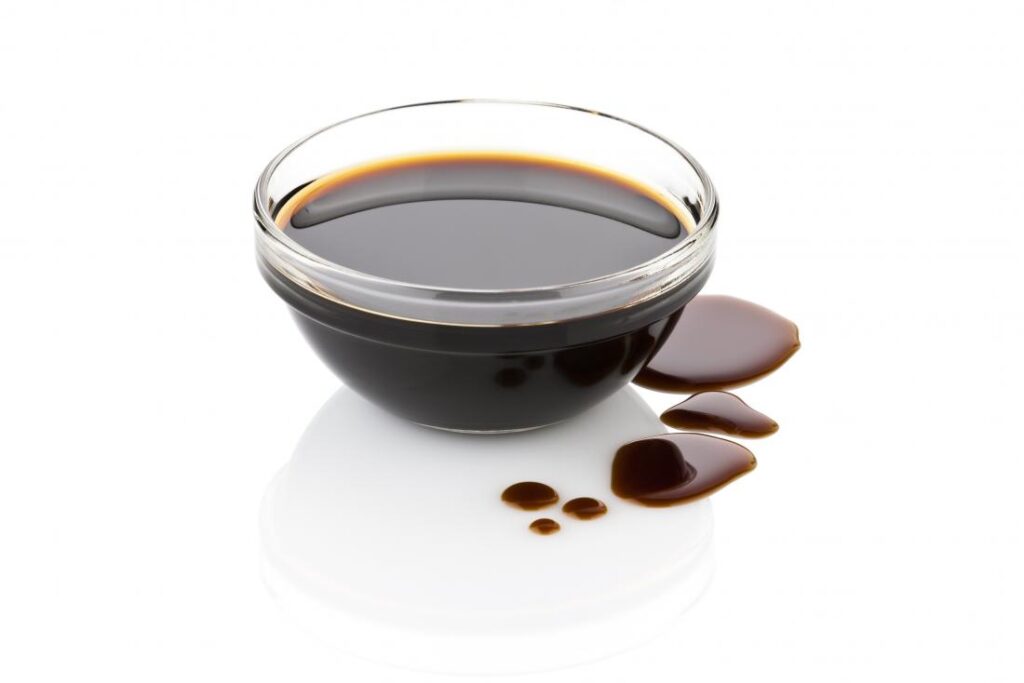
The making process of traditional balsamic vinegar is quite impressive.
It’s made from Trebbiano, a different type of grape. First, the juice is boiled to about 30% of its original content, and further fermented in a wooden barrel.
Originally produced in Modena, Italy, balsamic vinegar has become famous worldwide because of its healthy properties. [6]
Balsamic vinegar is rich in anti-aging and antioxidant agents; thus improves your immune system and acts as a source of energy.
If you want to lose weight, it’s an excellent choice for you. This vinegar helps decrease appetite, meaning that you won’t be fat.
Balsamic vinegar is a suitable replacement for sugar and fat-laden oils. It’s ideal for those who have diabetes.
It makes your bones strong. So having the vinegar will reduce any bone-related problems.
It has a sophisticated, sweet-to-sour flavor and comes with a dark hue.
It’s an excellent alternative to malt vinegar as a dip, especially when you have fish & chips.
You can also use balsamic vinegar in marinades, vinaigrette’s, salad dressing, seafood, chicken, steaks, fish, and eggs.
It can also help to bring out the fresh tastes of some fruits, such as strawberries.
4. Lemon Juice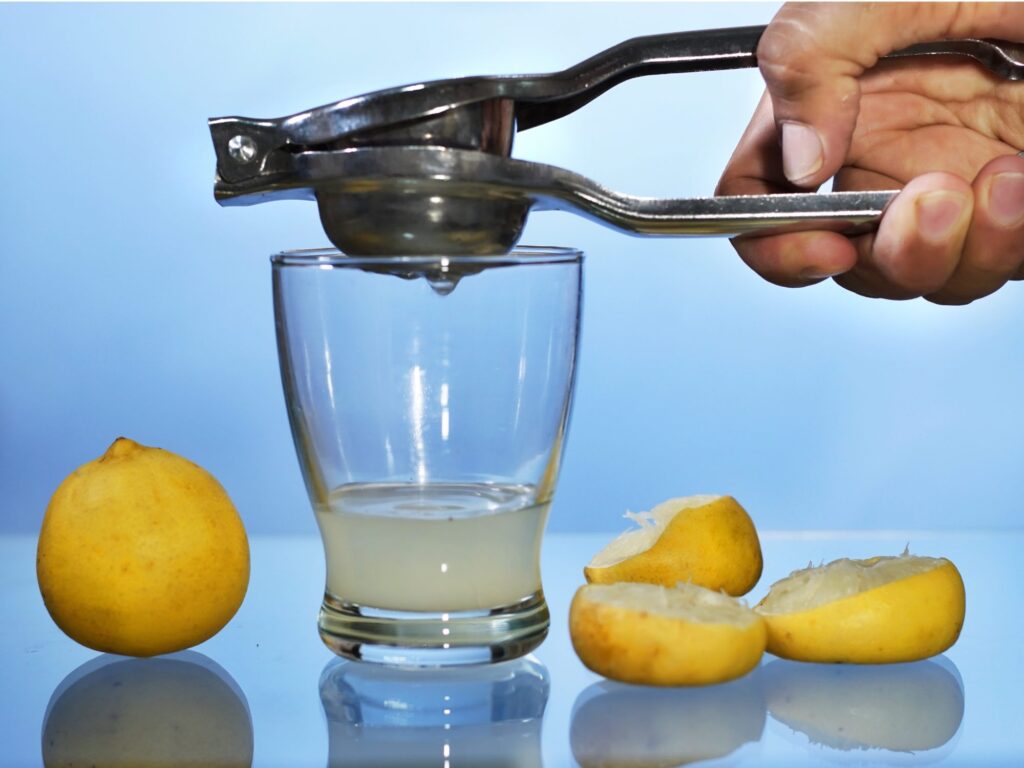
One of the healthiest and most natural alternatives to malt vinegar is affordable as well. [7]
If you run out of malt vinegar, you can easily squeeze some lemon juice and use it as a substitute.
Lemon is full of vitamin C, meaning that it can protect you from so many diseases.
It improves your immunity and protects you from cold and fever.
Lemon reduces fat and helps you lose weight. It can also improve your digestion and aid in calcium absorption.
Although lemon juice is sour, it’s not as strong as vinegar. So, if you don’t like the strong taste of vinegar, you can use lemon juice.
You can use lemon juice as a healthy and gluten-free substitute for malt vinegar in salad dressing, drinks, baking, grilling, as well as preserving foods.
Freshly squeezed organic lemon juice with glass and squeezer
Read More: 10 Ways Lemon Oil Can Benefit your Health
Bottom Line
Finding a gluten-free substitute for malt vinegar isn’t that difficult if you know how to use them.
However, using any of the alternatives mentioned above will bring a slight change in the taste and flavor of the food. You can decide which substitute to use determining which taste and flavor you like the most.
Read Next: Best Dill Substitutes: 6 Herbs That You Must Know!



